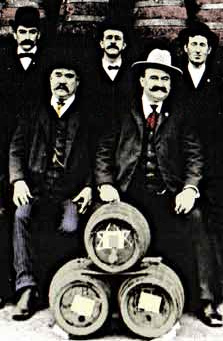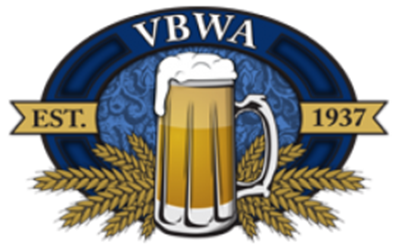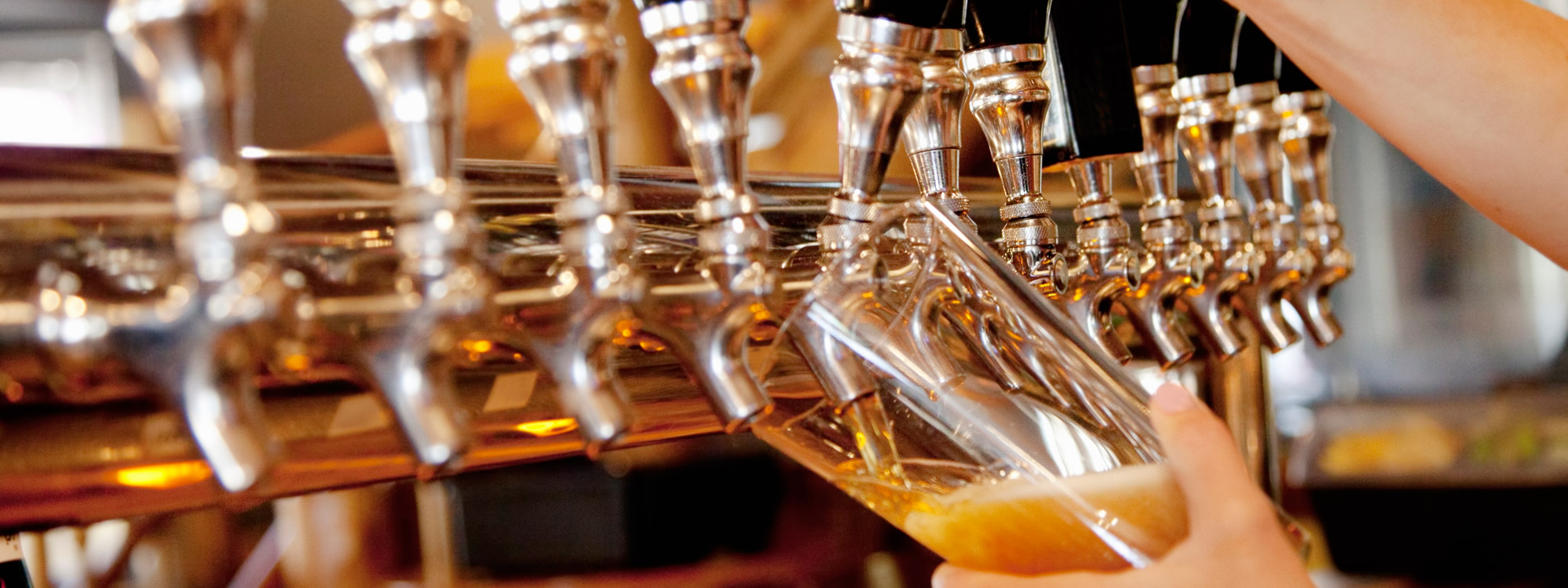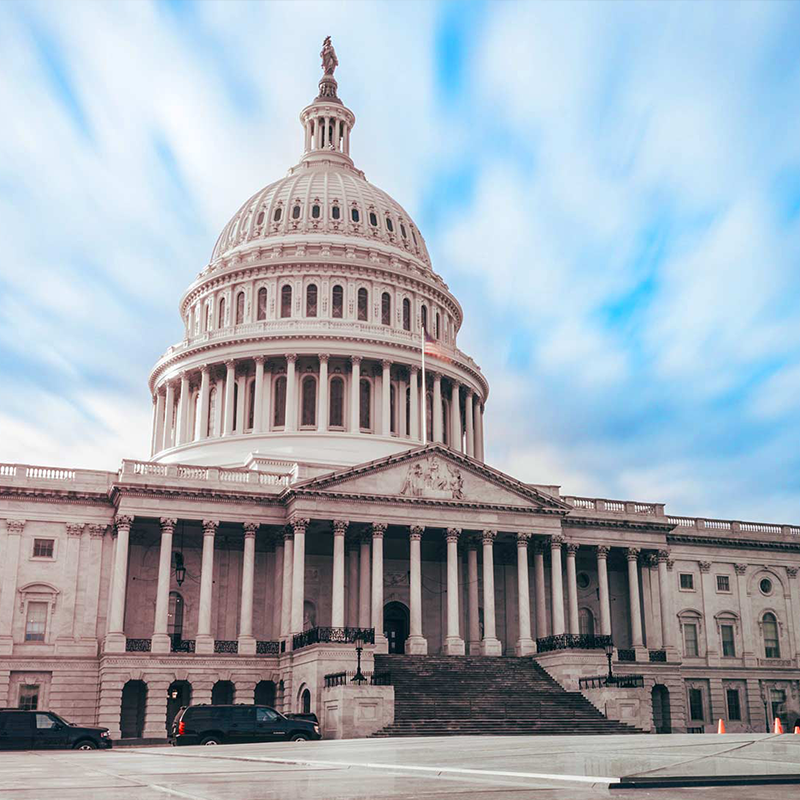Lessons of History
Lessons of History
One of Thomas Jefferson’s first acts as President was to repeal a federal whiskey tax, stating that “an excise tax on distilled spirits is hostile to the genius of a free people.” Congress did not dare tax alcohol again until the Civil War.
It was a revenue from the income tax that made Prohibition possible, but Prohibition was a spectacular failure. The saloon was replaced by the speakeasy, a free market was replaced by an ocean of corruption, and organized crime flourished. By the Presidential election of 1932, both political parties were committed to repeal.
To America’s lasting benefit, however, some of the lessons of history were learned. Prohibition was initially popular because the alcohol industry was out of control. In pre-Prohibition days, brewers, vintners and distillers often sold their products through their own retail outlets, called “tied houses” using any marketing means possible to sell excessive amounts of their product (including the infamous “free lunches” laced with salt).
So federal alcohol prohibition was replaced by state-based systems of alcohol control. It was a stroke of genius. Today, every state in the nation has a Three-Tier System for alcohol brewing, distribution, and sales.


One of Thomas Jefferson’s first acts as President was to repeal a federal whiskey tax, stating that “an excise tax on distilled spirits is hostile to the genius of a free people.” Congress did not dare tax alcohol again until the Civil War.
It was a revenue from the income tax that made Prohibition possible, but Prohibition was a spectacular failure. The saloon was replaced by the speakeasy, a free market was replaced by an ocean of corruption, and organized crime flourished. By the Presidential election of 1932, both political parties were committed to repeal.
To America’s lasting benefit, however, some of the lessons of history were learned. Prohibition was initially popular because the alcohol industry was out of control. In pre-Prohibition days, brewers, vintners and distillers often sold their products through their own retail outlets, called “tied houses” using any marketing means possible to sell excessive amounts of their product (including the infamous “free lunches” laced with salt).
So federal alcohol prohibition was replaced by state-based systems of alcohol control. It was a stroke of genius. Today, every state in the nation has a Three-Tier System for alcohol brewing, distribution, and sales.



